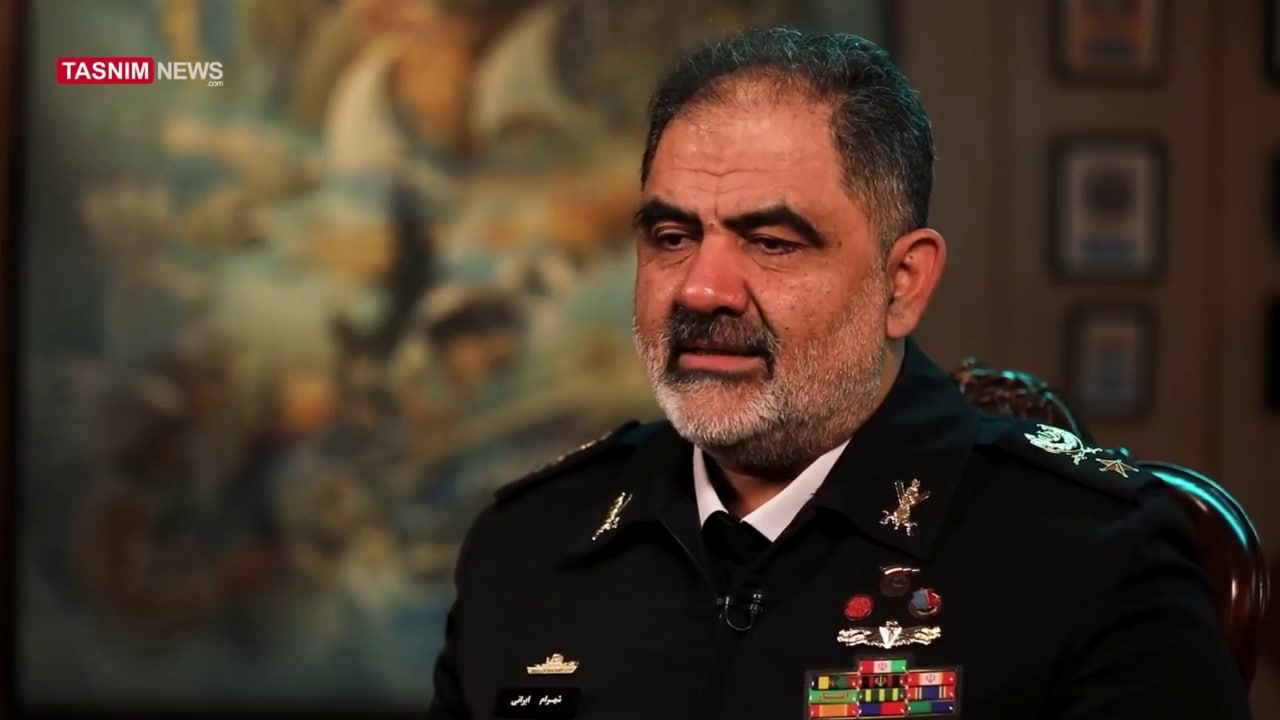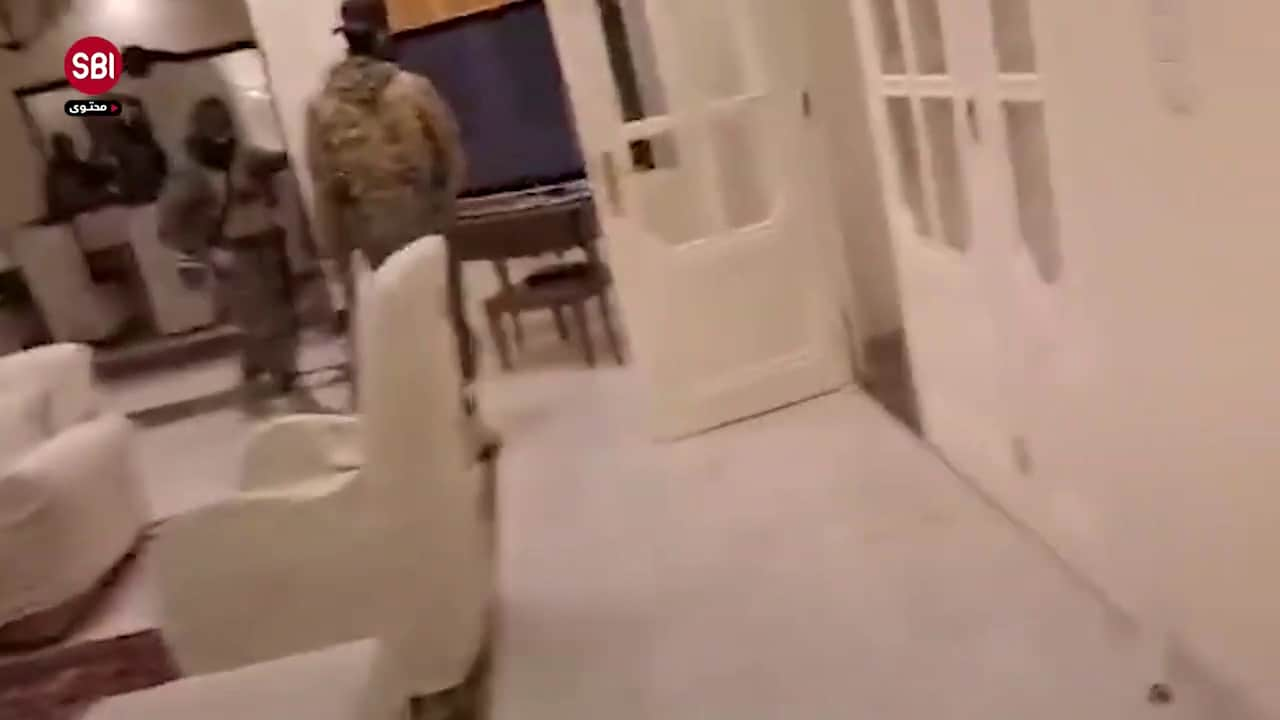
Naim Qassem, the Deputy Secretary-General of Hizbullah, said in a September 10, 2020 interview on Russia Today that a war is not currently likely to break out in the Middle East and that Hizbullah maintains the highest level of readiness nonetheless. He added that the recent Israel-UAE peace deal does not affect the chances of war or other developments in the region and that Hizbullah has been withdrawing its fighters from Syria since 2017. Qassem elaborated that Hizbullah will continue to be active in Syria according to what is necessary.
Naim Qassem: "I think that conditions do not favor war. As for Hizbullah, it has always been in a position of defense and resistance and it has never initiated any war. Hizbullah is not initiating a war today, either. Therefore, when we react to an Israeli attack, this is part of the deterrence that we consider essential to protecting Lebanon and to avoiding the launching of war. Therefore, we do not anticipate a war, but we emphasize – like we always do – that Hizbullah's readiness is very high, and it will not be taken by surprise if the Israelis decide to start a war.
[...]
"Upon deciding to go to a war, Israeli would consult only with the U.S. Sometimes – like in 2006 – it is the U.S. that orders Israel to start a war. Those Arab [rulers] have always been the last to know, or to be taken into account. It is true that this normalization does Israel a great service, but it neither delays nor accelerates war or any other development in the region. Normalization is an attempt by the Gulf leaders to protect their thrones by accepting the demands of the U.S. and Israel.
[...]
"We have been withdrawing our forces from Syria since the end of 2017. That is, over the past three years we have begun a gradual withdrawal of some of the fighters and mujahideen of Hizbullah, since they were no longer needed in several places that were liberated. Consequently, when these vast lands are liberated, there is no longer a need for more mujahideen in those places.
[...]
"We are currently present in Syria in accordance with necessity. If circumstances call for more [fighters], we will send them back to Syria. However, if the need for more does not arise but rather a reduction, then we will act accordingly. This matter has nothing to do with policy decisions concerning the region nor with agreements, but only with the need on the ground in Syria."
















